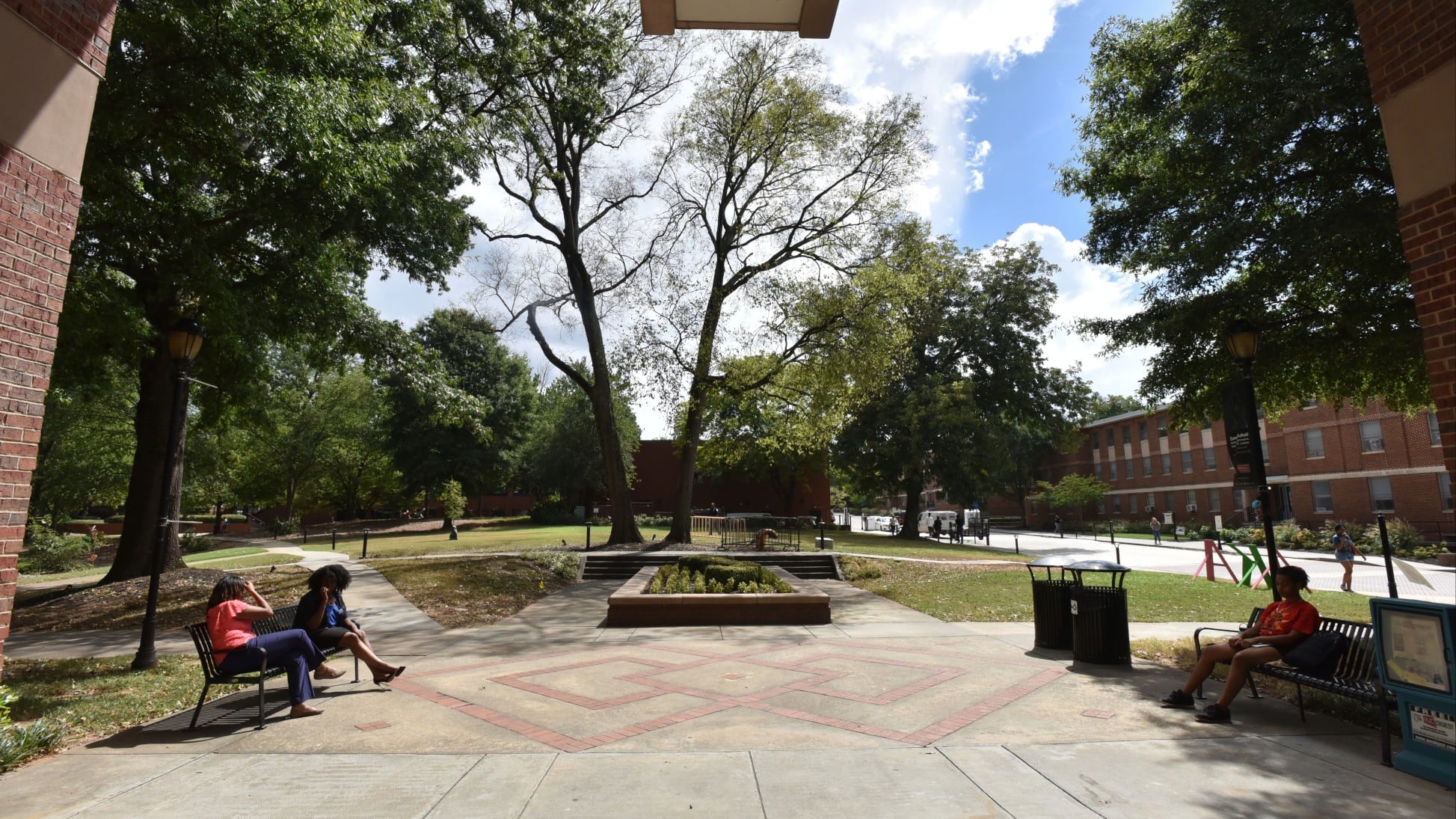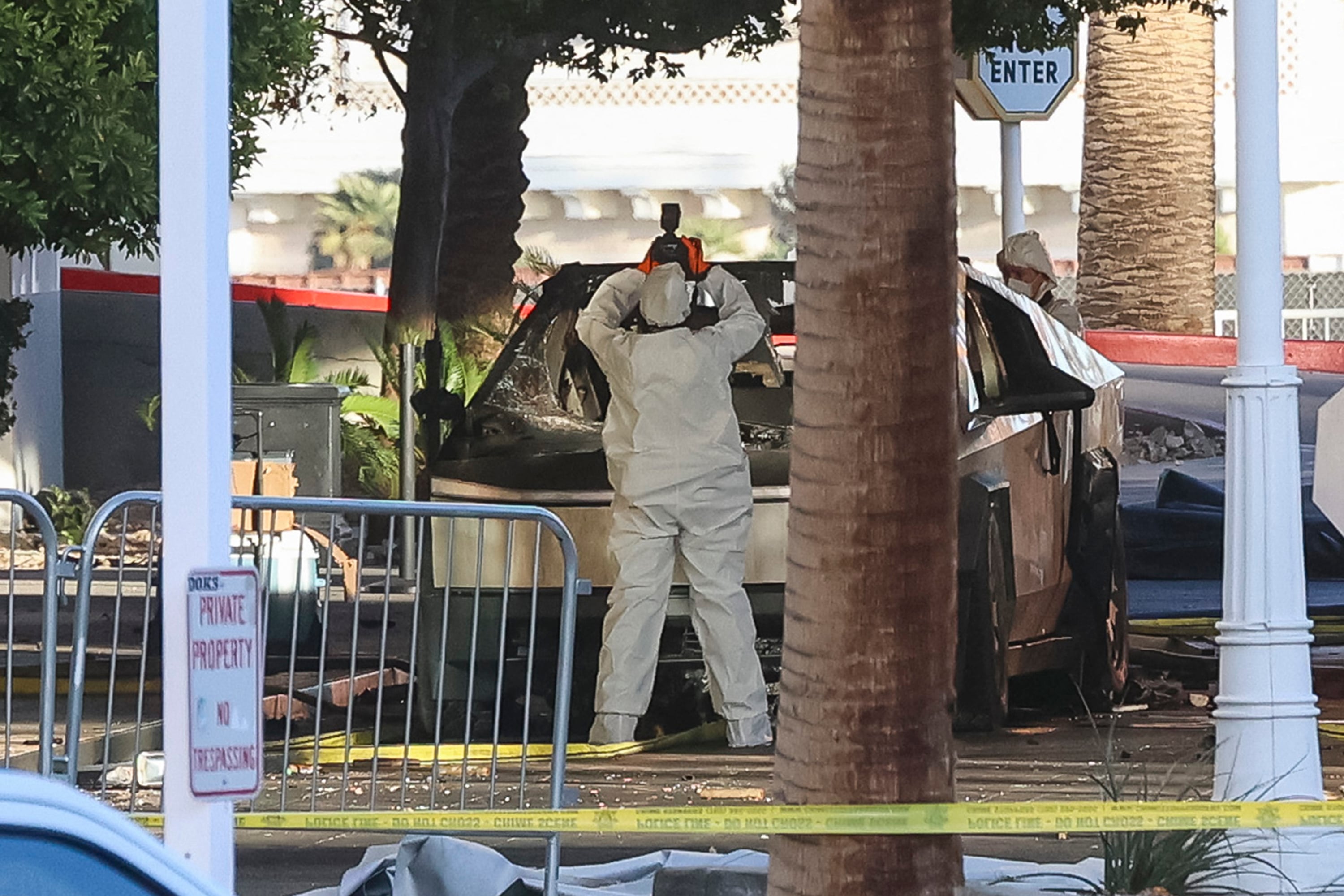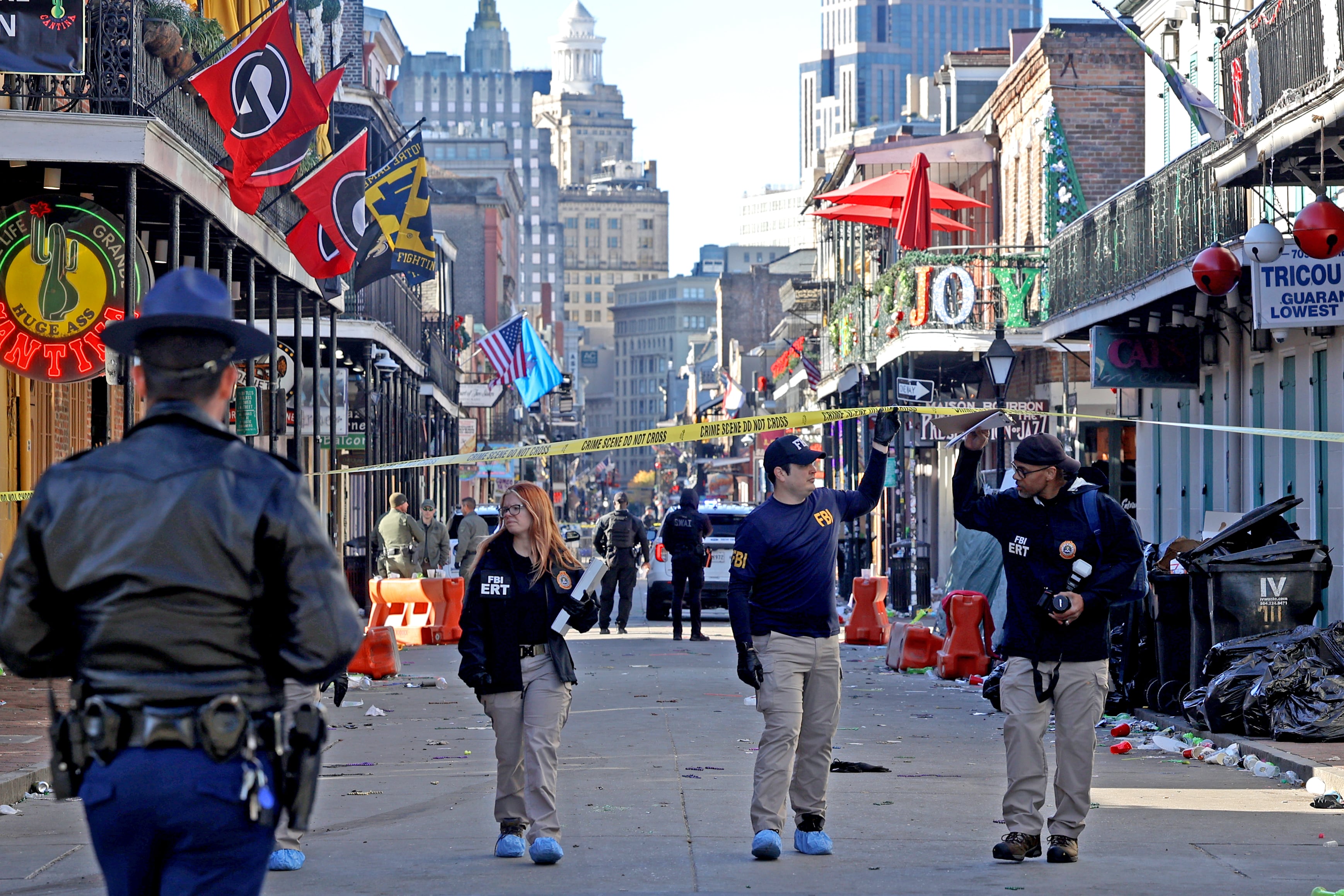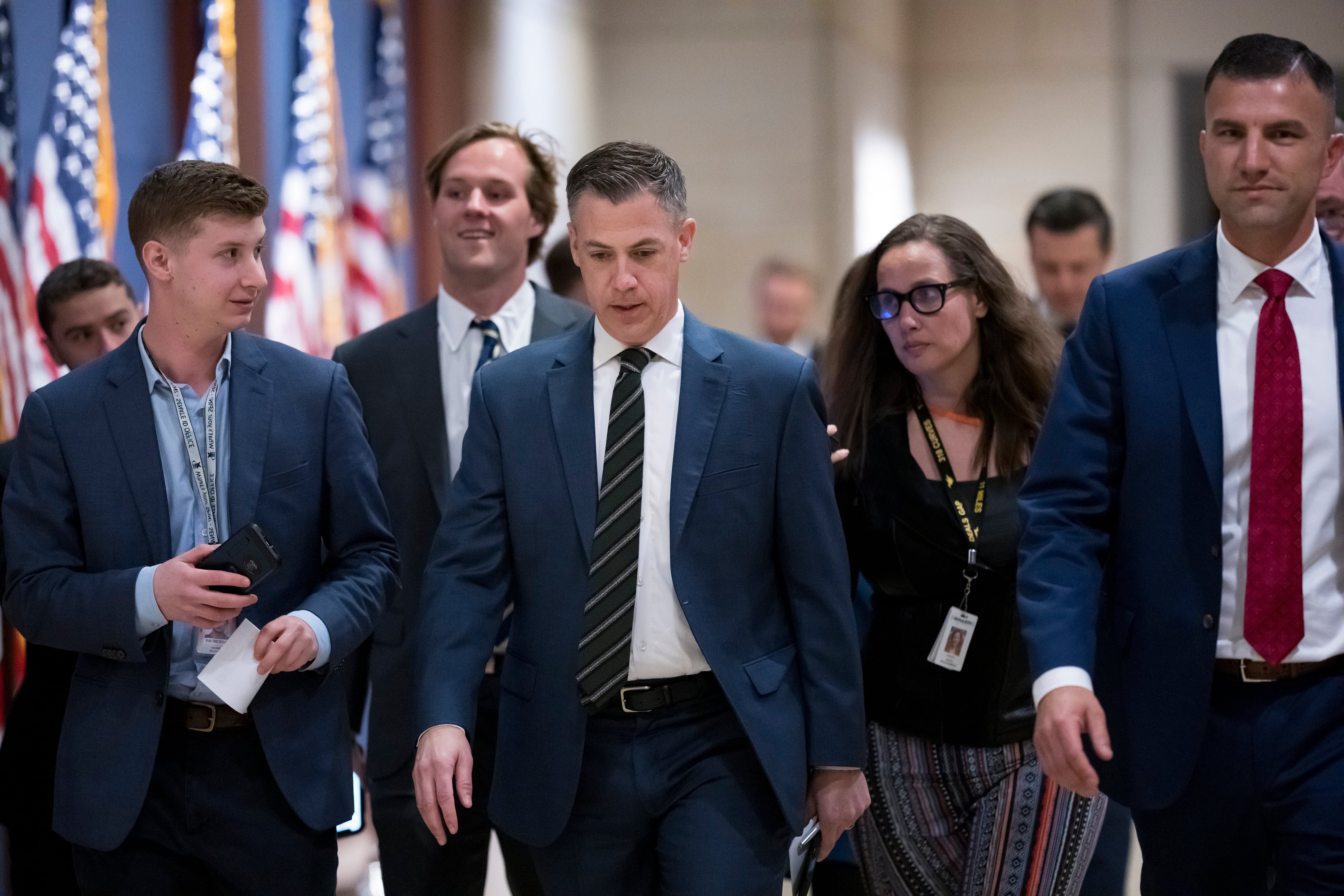Congress and the Veterans Affairs Department are working to change eligibility rules and open the VA Choice program to veterans who can't get needed medical care at their closest VA facility.
Sen. Johnny Isakson, R-Ga., chairman of the Senate Veterans' Affairs Committee, said lawmakers and VA officials are working to change the regulation that bars veterans from using the private care program if they live within 40 miles of a VA clinic, even if that facility does not offer the services the veteran needs.
The rule has come under fire from lawmakers and veterans who say it has kept thousands from using VA Choice, a program launched in November to reduce patient wait times for appointments and improve access to health services.
Since the kickoff of VA Choice, nearly 51,000 authorizations have been issued to veterans to use the program, resulting in 48,642 appointments.
But more than 8 million VA Choice cards were issued, an indication that the program is falling short of its intended purpose, veterans advocacy groups and lawmakers noted at a Senate Veterans' Affairs Committee hearing Tuesday.
According to a survey by the Veterans of Foreign Wars, the percentage of veterans waiting more than 30 days for a medical appointment actually increased by 10 percent since VFW last surveyed veterans in February.
And while more people are being offered VA Choice, according to the survey, 19 percent of those who decided to use it report waiting longer than 30 days for an appointment.
"Anyone who believes this crisis has been solved is living in an alternative universe," said Sen. Richard Blumenthal, D-Conn., the committee's ranking Democrat.
Lawmakers did not provide a time frame for when the eligibility change to occur. The Senate passed a resolution in March on a 100-0 vote to change the rule; a House bill, H.R. 1909, has been introduced but has not yet been considered by committee.
The VA estimates that the change could cost the department $4 billion to $34 billion a year, according to VA Deputy Secretary Sloan Gibson.
Gibson said VA needs "greater flexibility" in its contracting agreements for community care to expand the eligibility rules and cover costs.
"We will be unable to sustain that pace without greater program flexibility," he said.
VA has asked for authority to use a portion of the $5 billion allotted for infrastructure and improvements by the Veterans Access, Choice and Accountability Act to cover more than $700 million in cost overruns for a new VA medical center in Denver, Colorado.
Gibson also asked on Tuesday to use part of the $10 billion allotted for VA Choice to cover the cost of hepatitis C treatments for veterans. He said VA already has moved $688 million from its community care account to cover those costs, but needs more.
"It was the right thing to do, but it wasn't enough," Gibson said.
In February, VA Secretary Robert McDonald asked Congress for more flexibility in using VA Choice dollars, but that request met a mixed reaction on Capitol Hill, with many lawmakers saying they want the two-year program to remain untouched while it is determined how many veterans actually could benefit from it.
Veterans organizations said they believe veterans need more education on the program and VA staff needs to be trained to help veterans seeking care.
Veterans who call about the program often are told they are ineligible, or staff does not provide the necessary medical documentation to schedule appointments through the program or are slow to process requests for follow-up treatment.
American Legion officials said that in Puerto Rico, for example, veterans have been told that none on the island were eligible for the program since no point is more than 40 miles from a VA medical facility there — as the crow flies.
However, that strict geographic rule was changed in April to account for potentially winding roads between the homes of veterans and their nearest VA medical facility.
"The American Legion is concerned that due to improper training, some VA medical centers are not offering Choice access to their veterans at all," said Roscoe Butler, the group's deputy director for veterans affairs and rehabilitation.
Gibson said roughly half of veterans offered VA Choice say they'd rather be seen at a VA facility. He added that some also prefer being seen at VA facilities because they do not have to pay Medicare or Tricare copayments, which some veterans and military retirees must do when they use civilian care.
He suggested VA could perhaps be a second insurance payer to these other programs, allowing veterans what he called "true choice."
"This isn't about protecting turf. We are all about caring for veterans and being good stewards of taxpayer dollars," Gibson said.
Patricia Kime is a senior writer covering military and veterans health care, medicine and personnel issues.





